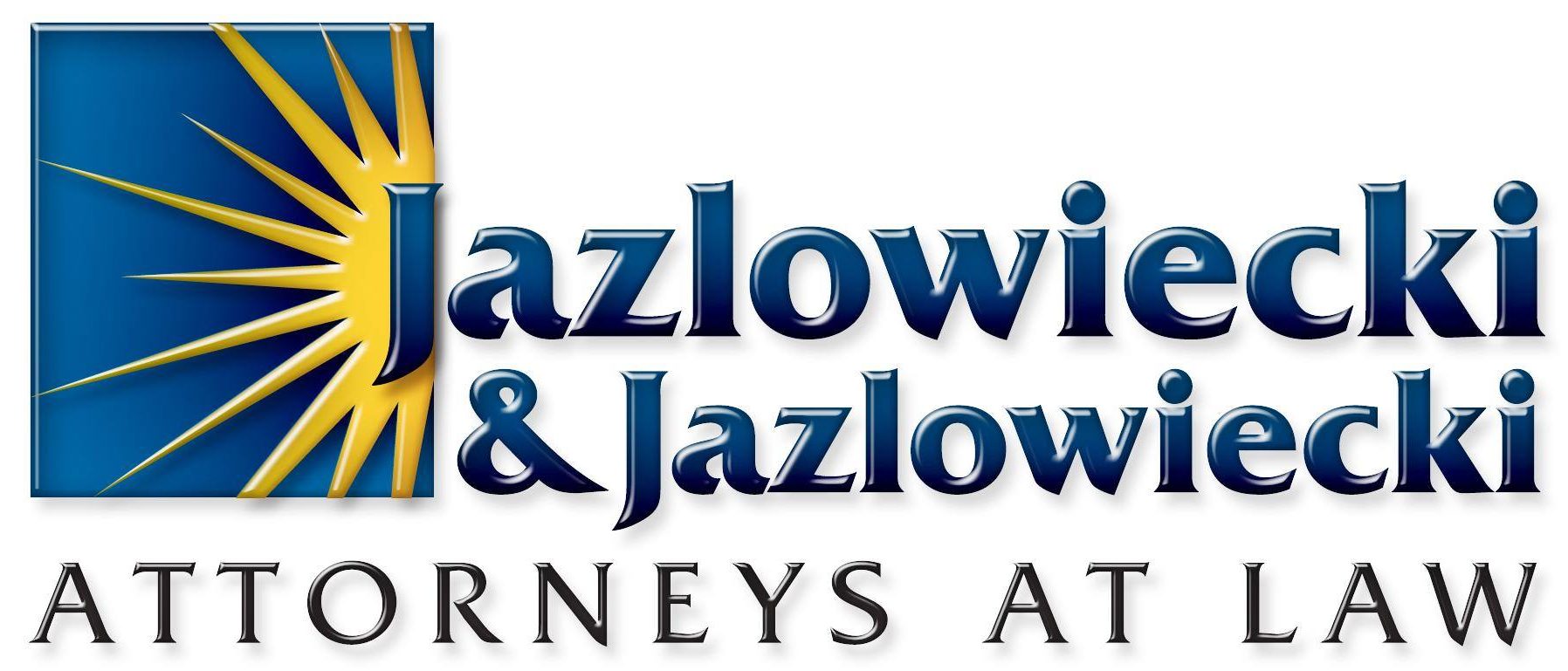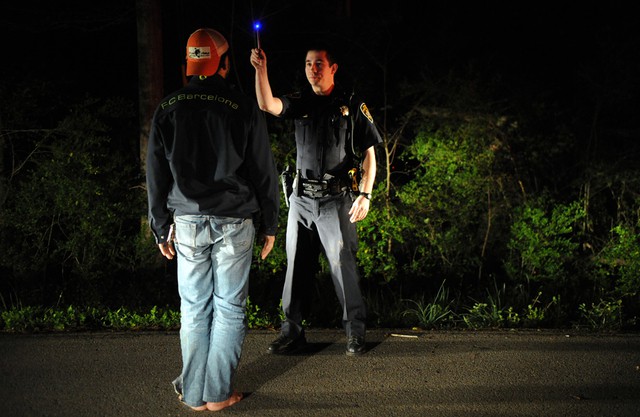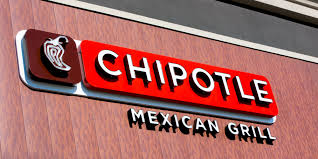
CT Ruling: Exhaustion, Applicable Policy, & Authorized driver
In a case to be released on June 8, 2010, the Appellate Court reverses summary judgment granted in favor of the defendant UM insurer. ERICA TODD v. NATIONWIDE MUTUAL INSURANCE COMPANY (AC 31041). The following quotes and paraphrases from the decision.
The plaintiff was involved in an automobile accident in which her vehicle, which was covered by the defendant’s underinsured and conversion coverage policy, was struck by another vehicle that was operated by Christopher Bernacchi. Bernacchi’s vehicle was a leased vehicle that was owned by American HondaFinance Corporation (Honda) and insured by Pacific Employers Insurance Company (Pacific) under a liability policy with limits of $1 million. The plaintiff brought an action alleging negligence against Bernacchi and alleging that Honda was vicariously liable for Bernacchi’s negligence. The plaintiff also alleged that Bernacchi was an authorized driver of the leased vehicle. Bernacchi had a liability policy with GEICO with limits of $100,000. Bernacchi’s carrier paid the plaintiff the $100,000 limit of his policy, and the plaintiff settled with Honda for $275,000 through its carrier, Pacific.
The plaintiff then brought an action against the defendant for underinsured and conversion coverage benefits. The plaintiff, purportedly having discovered that Bernacchi had not been an authorized driver of the leased vehicle at the time of the accident, alleged the payment of $100,000 by Bernacchi’s carrier and, further, that the ‘‘plaintiff has exhausted all bodily injury liability bonds or insurance policies applicable at the time of the accident.
The defendant filed a motion for summary judgment claiming that the plaintiff had not exhausted all bodily injury liability bonds or insurance policies applicable at the time of the accident since Pacific, as the liability insurer of Honda, paid only $275,000 out of its available coverage of $1,000,000 to settle.
Summary judgment was granted. The trial judge concluded the plaintiff’s acceptance of the $275,000 settlement precluded the recovery of underinsured motorists benefits, as the applicable liability policies had not been exhausted.
On appeal, the plaintiff claimed that the defendant failed to establish that the Pacific policy covering Honda’s leased vehicle was an ‘‘ ‘applicable policy’ ’’ within the meaning of § 38a-336a because there was still a genuine issue of fact regarding whether Bernacchi was an authorized driver of the vehicle. The Appellate Court agreed.
In order for the defendant at the summary judgment stage to establish that the Pacific policy was applicable at the time of the accident, within the meaning of the statute, it was necessary for the defendant to make it quite clear that Bernacchi was an authorized driver under the terms of the lease. The defendant failed to do this. The Appellate Court rejected the defendant’s reliance on the assertion that, as a matter of law, if the insured has accepted funds in settlement from any of the third parties involved in the negligence action, he is precluded from thereafter recovering uninsured, underinsured or conversion coverage benefits under his own policy.
The case was remanded for further proceedings.
*(Stu is currently available for assistance in Alternative Dispute Resolution. He can be reached at ketainecklaw@gmail.com)



